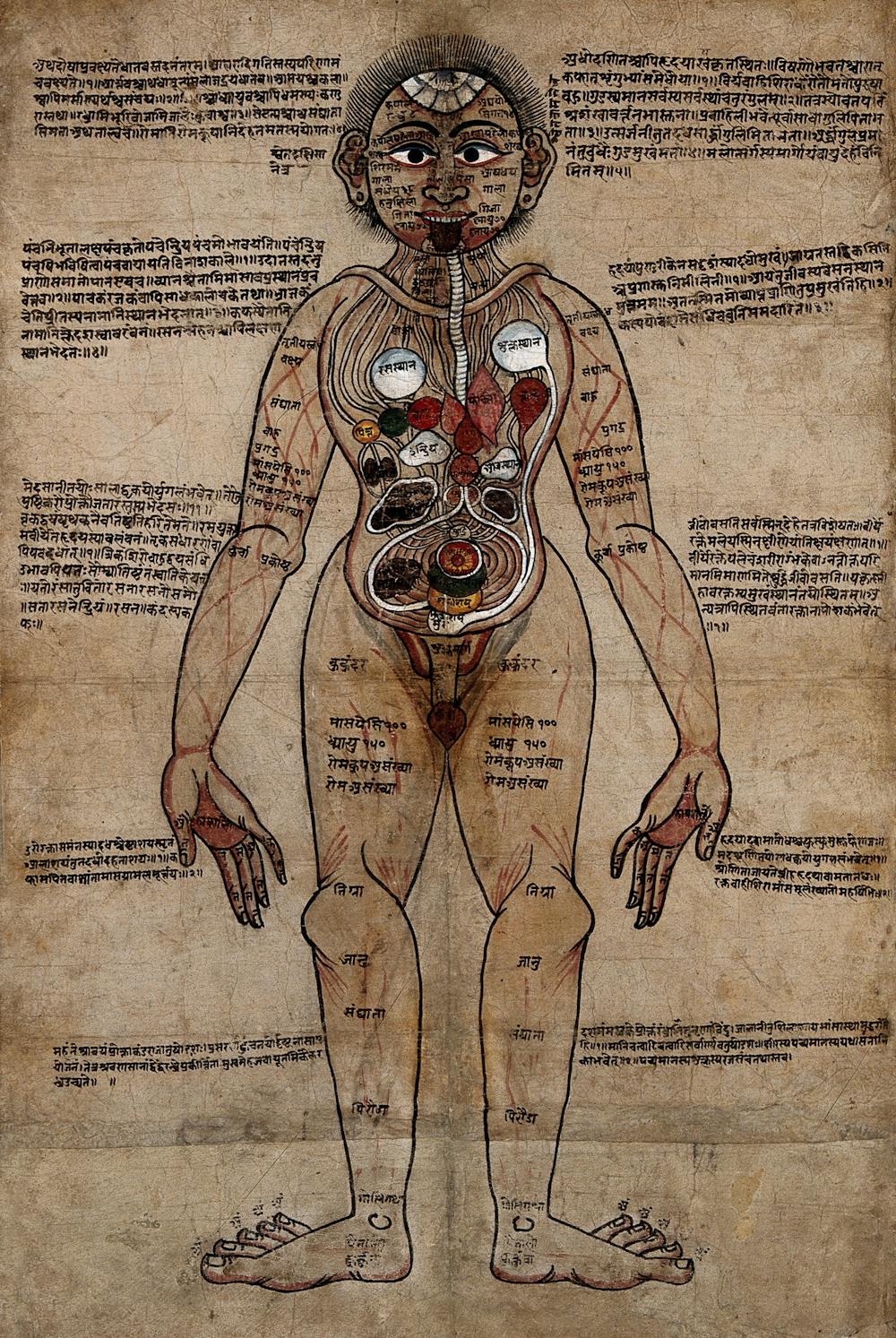A Beginner's Guide to Ayurveda and Its Practical Applications
A Beginner's Guide to Ayurveda and Its Practical Applications
Blog Article
Unveiling the Surprising Perks of Ayurveda That Everyone Ought To Know
Ayurveda, an old system of medication rooted in Indian viewpoint, uses a complex method to health and wellness that extends beyond simple physical wellness. From enhancing digestive system wellness to nurturing emotional equilibrium, Ayurveda's individualized therapies cater to specific requirements.
Comprehending Ayurveda Concepts
Ayurveda, usually referred to as the "science of life," is a holistic system of medicine that originated in ancient India over 3,000 years back. Central to Ayurveda are the principles of the three doshas-- Vata, Pitta, and Kapha-- which stand for different mixes of the five components: planet, water, fire, air, and ether.
Ayurveda advocates for customized treatment strategies that consider a person's physical and psychological constitution, lifestyle, and environmental factors. It uses numerous modalities, including organic solutions, dietary modifications, yoga exercise, and meditation, to restore consistency and health. Ayurveda additionally emphasizes the significance of preventative care and self-awareness, urging people to grow a deeper understanding of their minds and bodies. By integrating these principles, Ayurveda looks for to empower people to achieve optimal wellness and preserve equilibrium throughout their lives, making it an ageless source for alternative healing.
Enhancing Digestive Health
Digestion health is a keystone of overall well-being in Ayurveda, as it straight influences the body's capacity to remove and absorb nutrients waste. Central to Ayurveda's technique to food digestion is the idea of "Agni," or digestion fire, which is necessary for transforming food into power. A balanced Agni makes certain not only ideal food digestion however also prevents the build-up of contaminants, known as "ama," which can lead to different health and wellness issues.
Ayurvedic specialists stress personalized nutritional suggestions customized to one's dosha-- Vata, Pitta, or Kapha. Each dosha has specific nutritional demands and choices that can improve digestive system performance. Cozy, prepared foods are commonly advised for Vata kinds to maintain their irregular food digestion, while Pitta people might benefit from cooling foods to calm their intense digestion procedures.
Incorporating herbs such as ginger, fennel, and cumin can additionally boost digestion health and wellness. These herbs not just stimulate Agni but also relieve common digestive concerns like bloating and gas. In addition, practices such as conscious eating and proper dish timings are critical for fostering a harmonious gastrointestinal environment, ultimately resulting in improved nutrient absorption and vigor.
Boosting Immunity Normally
Resistance functions as the body's defense device against conditions and infections, making its enhancement a vital facet of alternative health and wellness. Ayurveda provides a wide range of natural treatments and methods intended at improving immunity through a balanced way of living. Central to this method is the concept of "Ojas," which stands for the essence of vigor and stamina.
Ayurvedic messages emphasize the value of nourishing foods such as fresh fruits, vegetables, whole grains, and flavors like turmeric and ginger. These components are abundant in antioxidants and anti-inflammatory homes, essential for sites enhancing the immune action. Incorporating adaptogenic natural herbs like Ashwagandha and Tulsi can additionally help the body adjust to stress and strengthen immune function.
Moreover, an everyday regimen that includes appropriate sleep, routine exercise, and mindfulness techniques such as yoga exercise and meditation plays a crucial function in preserving a robust body immune system. By balancing the body's doshas-- Vata, Pitta, and Kapha-- Ayurveda promotes a balanced inner setting that can effectively fend off health problems.
Promoting Mental Clearness
A well-functioning mind is indispensable to overall wellness, closely linked to the body's physical state, including its immune system. Ayurveda highlights the importance of psychological quality as a keystone of well-being, providing numerous techniques and concepts to boost cognitive feature. Ayurveda. The Ayurvedic point of view identifies three primary doshas-- Vata, Pitta, and Kapha-- which govern mental processes. Comprehending one's dosha can supply understandings right into customized approaches for boosting emphasis and mental acuity.
Incorporating practices such as reflection, yoga exercise, and mindfulness can substantially improve psychological clearness. These techniques not only decrease anxiety and stress and anxiety however also promote a state of recognition that improves cognitive capabilities. Additionally, Ayurvedic nourishment plays an important function; foods that are light, beneficial, and very easy to digest assistance optimum mind function. Natural herbs like Brahmi and Ashwagandha are admired for their neuroprotective residential or commercial properties and capacity to improve memory and focus.
Furthermore, preserving a well balanced way of life that consists this page of adequate rest, hop over to here normal exercise, and social links adds to mental quality. By adopting these alternative approaches, individuals can cultivate sharper emphasis, improved decision-making, and a greater sense of psychological well-being, eventually leading to a much more meeting life.
Achieving Emotional Balance

Emotional balance is crucial for total wellness, affecting not just psychological health however likewise physical vigor. Ayurveda offers a holistic technique to attaining this balance by recognizing the interconnectedness of the body, spirit, and mind. Central to Ayurvedic philosophy is the concept of doshas-- Vata, Pitta, and Kapha-- which represent different energies within the body. Discrepancies in these doshas can bring about psychological instability, manifesting as impatience, anxiety, or depression.
To bring back psychological stability, Ayurveda stresses personalized lifestyle modifications, consisting of dietary modifications, organic treatments, and mindfulness methods. Integrating calming foods, such as cozy soups and wonderful fruits, can pacify Vata, while grounding and beneficial methods can relieve Pitta's intensity. Additionally, including yoga and reflection can cultivate psychological resilience by advertising self-awareness and decreasing stress and anxiety.

Verdict
In summary, Ayurveda provides an alternative method to health and wellness that incorporates the complex equilibrium of spirit, mind, and body. Accepting these old techniques can lead to substantial enhancements in overall health and vitality, underscoring the importance of Ayurveda in contemporary health techniques.
From enhancing digestion wellness to nurturing emotional equilibrium, Ayurveda's tailored treatments provide to individual needs. Ayurveda. By incorporating these principles, Ayurveda looks for to encourage individuals to achieve ideal health and wellness and preserve balance throughout their lives, making it a classic source for all natural healing

Report this page